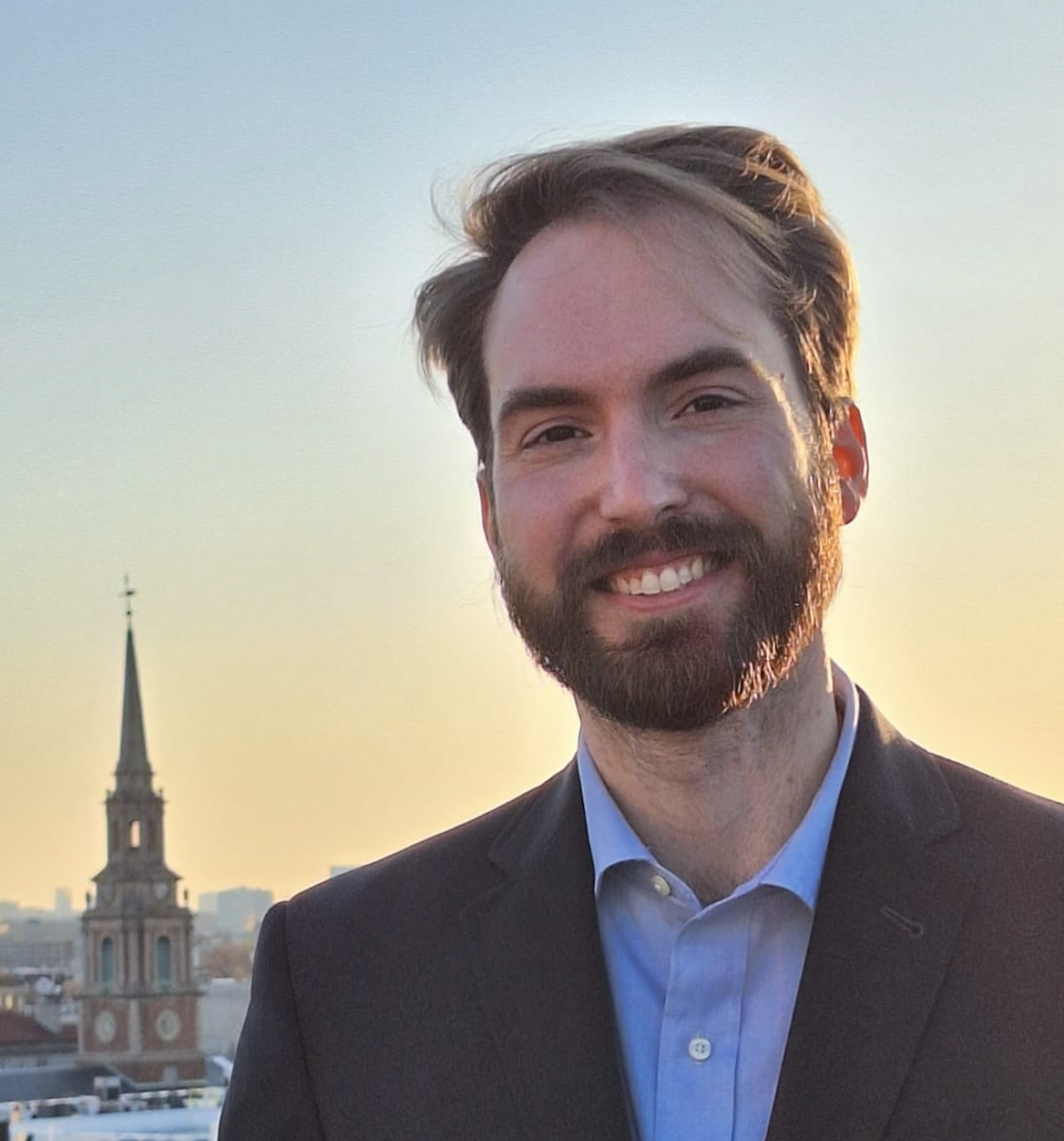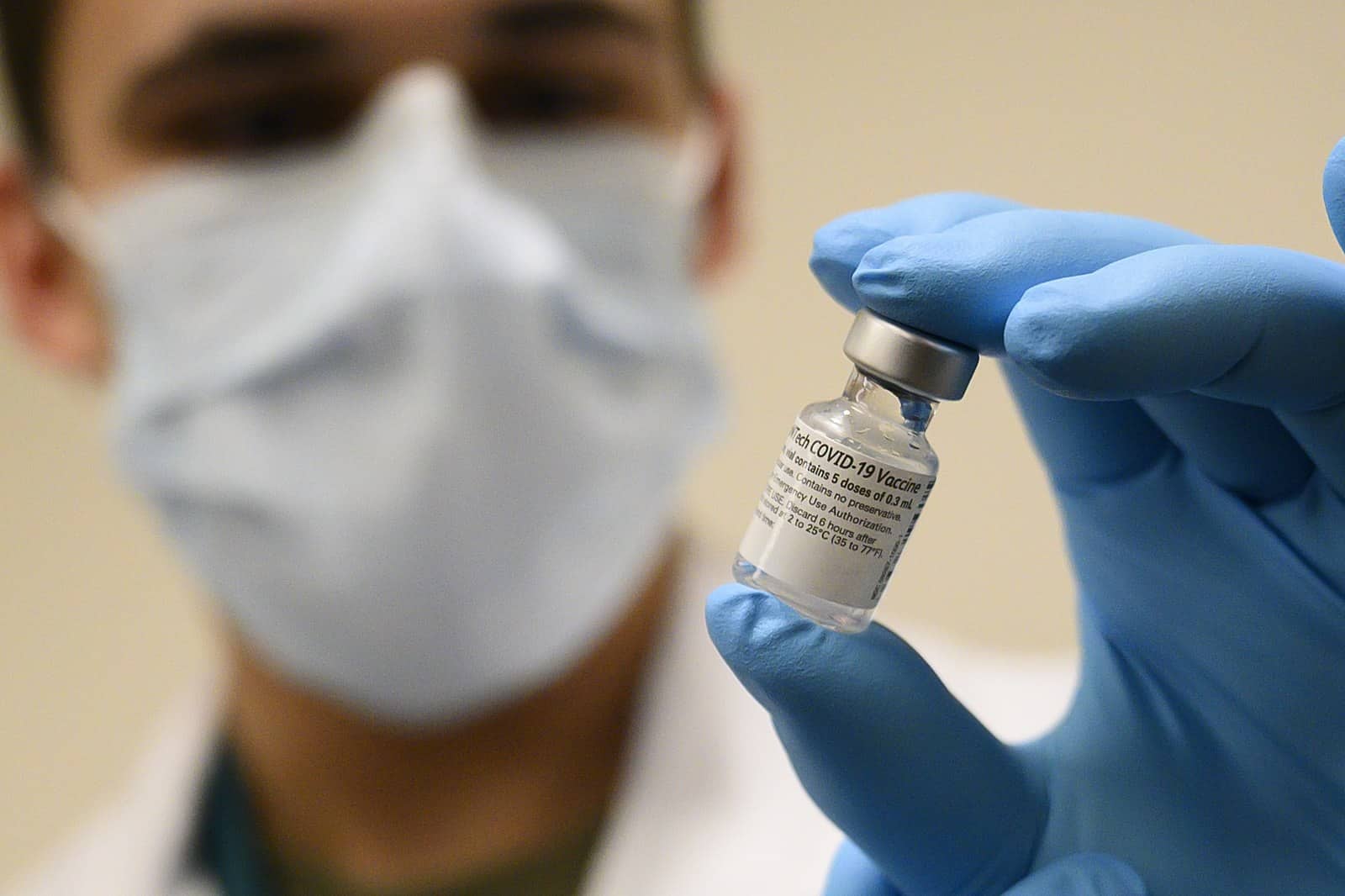
Ted Parker is a student at Harvard Law School and a member of the Labor and Employment Lab.
In today’s news and commentary, the Supreme Court receives a petition to resolve the circuit split over the certification process for FLSA collective actions, unvaccinated healthcare workers lose their religious discrimination cases, and New Jersey’s attorney general sues Amazon over worker misclassification.
The deepening circuit split over the certification process for FLSA collective actions may be headed to the Supreme Court. As I explained back in May, the traditional two-step process helps more workers get back their stolen wages, while the newer one-step processes (adopted by the Fifth Circuit in 2021, the Sixth Circuit in 2023, and the Seventh Circuit earlier this year) make it easier for employers to pocket at least small sums with impunity. Now, a case in the Ninth Circuit, Harrington v. Cracker Barrel Old Country Store, which recently reaffirmed the traditional worker-friendly process, has been appealed to the Supreme Court. If the Supreme Court grants the parties’ petitions for certiorari—both sides have appealed—it could resolve the circuit split, but it is not obvious which side the Supreme Court would come down on.
Reporting in Bloomberg observes that the trend in religious discrimination cases brought by vaccine refusers has turned decisively against the plaintiffs in at least one context: healthcare. As I wrote last month, the landscape among workers in other contexts (firefighters, transit workers, airline workers, etc.) is varied and uncertain. But in healthcare, plaintiffs are having a hard time clearing the “undue hardship” bar set by Groff v. DeJoy, which held that an employer may deny a religious accommodation if granting it would impose a “substantial” cost on its business. In these cases, granting the accommodation means increasing the chances that a medically vulnerable patient will contract a preventable disease, which imposes a substantial cost on the business of employers in the form of malpractice liability. Beyond that, there is also the “close nexus” between vaccine requirements and the overall goal of healthcare: to prevent disease. Because undue hardship is clear in these cases, courts often do not reach the sincerity of the plaintiffs’ religious beliefs.
Finally, New Jersey’s attorney general has sued Amazon for misclassifying its delivery drivers as independent contractors, thereby depriving them of the benefits and protections of employees. The state has a strong position given New Jersey’s strict ABC test, but Amazon is likely to fight the litigation with its vast resources. In such cases, the parties often settle in a way that benefits the workers but stops short of reclassifying them as employees. The role of attorneys general is especially important in this domain because workers are often prevented from pursuing this type of litigation by mandatory arbitration agreements and class-action waivers.






Daily News & Commentary
Start your day with our roundup of the latest labor developments. See all
February 10
San Francisco teachers walk out; NLRB reverses course on SpaceX; NYC nurses secure tentative agreements.
February 9
FTC argues DEI is anticompetitive collusion, Supreme Court may decide scope of exception to forced arbitration, NJ pauses ABC test rule.
February 8
The Second Circuit rejects a constitutional challenge to the NLRB, pharmacy and lab technicians join a California healthcare strike, and the EEOC defends a single better-paid worker standard in Equal Pay Act suits.
February 6
The California Supreme Court rules on an arbitration agreement, Trump administration announces new rule on civil service protections, and states modify affirmative action requirements
February 5
Minnesota schools and teachers sue to limit ICE presence near schools; labor leaders call on Newsom to protect workers from AI; UAW and Volkswagen reach a tentative agreement.
February 4
Lawsuit challenges Trump Gold Card; insurance coverage of fertility services; moratorium on layoffs for federal workers extended